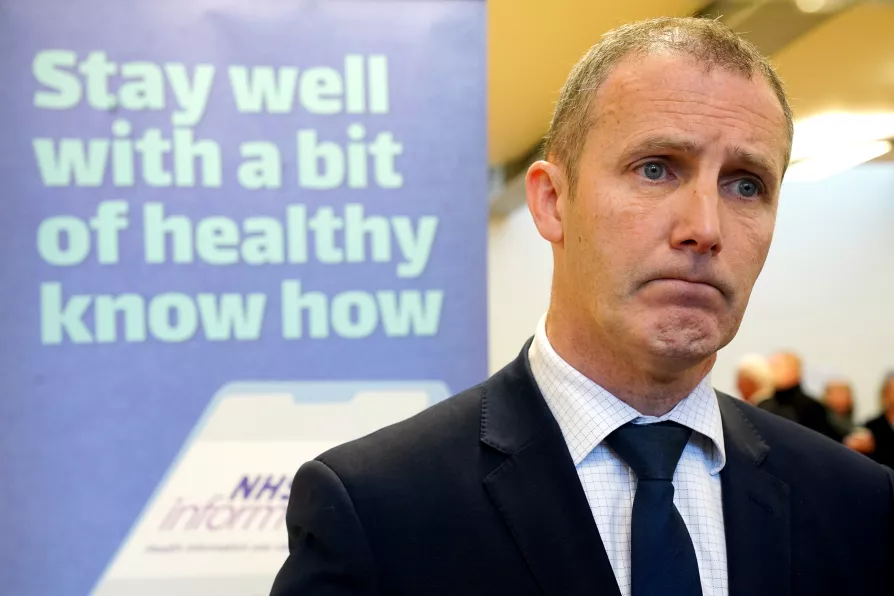Scottish Health Secretary faces renewed calls to resign as hospital delays rise

 Scottish Minister for Health and Social Care Michael Matheson speaks to the media during a launch event for the national winter health campaign at Dovecot Studios in Edinburgh, November 29, 2023
Scottish Minister for Health and Social Care Michael Matheson speaks to the media during a launch event for the national winter health campaign at Dovecot Studios in Edinburgh, November 29, 2023
SCOTTISH Labour today renewed calls for Health Secretary Michael Matheson to be sacked as new figures reveal the number of people delayed in hospital is on the increase.
According to Public Health Scotland, 1,910 people were delayed in hospital at the census point in November, increasing from 1,815 the month before and 1,730 in April.
The total number of bed days lost to delayed discharge also increased, from 51,327 in April to 56,811 in November.
Similar stories














